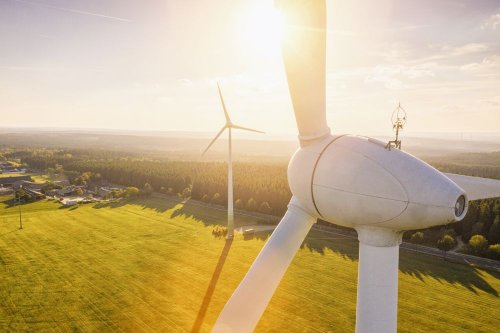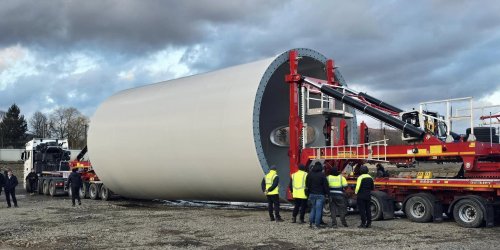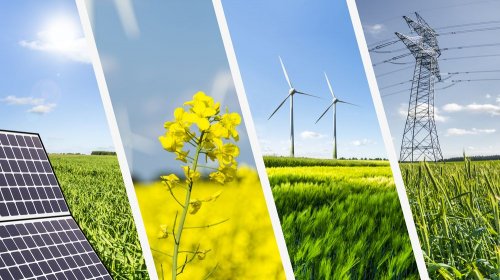The European Union is taking emergency measures for the deployment of green energy, in particular, speeding up permitting procedures and exempting some RES projects from passing an environmental impact assessment.
In the opinion of the European Commission, the deployment and operation of RES installations should be considered to be of the highest public interest, reports the analytical center DiXi Group.
The article noted that in December 2022, the Council of the EU officially adopted a decision to speed up obtaining permits for RES projects. This will contribute to the implementation of the REPowerEU plan aimed at the EU's withdrawal from Russian energy sources.
In addition, in November 2022, the European Commission presented a draft Council Regulation aimed at:
- recognition that RES projects are of the highest public interest and have a positive impact on the health and safety of citizens;
- speeding up permit procedures for solar installations on buildings, as well as exempting such installations from carrying out certain EIA;
- on measures to further simplify the granting of permits, which relate to the reconstruction of RES installations, as well as the establishment of a simplified procedure for connecting to the network;
- simplification of the issuance of permits and connection to the network of heat pumps, which will stimulate the development of RES in the heating sector.
Analysts emphasized that the European Commission believes that RES installations and heat pumps are crucial for:
- combating climate change;
- lower energy prices;
- reducing the EU's dependence on fossil fuels;
- energy supply security.
Acceleration of permit procedures
The authors said that the significant acceleration of the issuance of permits should lead to the acceleration of the deployment of small RES generation projects. Permits for solar generation equipment, adjacent storage installations and grid connections (except ground installations) will be issued during the month. In addition, such installations are exempted from carrying out a certain EIA procedure.
Analysts emphasized that the concept of "tacit consent" was introduced into the permitting procedure. That is, the permit is considered issued after the end of the deadline, if the relevant body has not notified its decision.
They emphasized that deviations from RES are provided for two specific categories of solar installations that will have a minimal impact on the environment:
- placing SES on the roofs of buildings, parking lots, canopies, along transport infrastructure or any other artificial structures;
- small installations of up to 50 kW that will not have a significant negative impact on the environment or the grid and will not cause safety concerns.
It is noted that the EU countries can exempt RES projects and projects related to the development of energy storage systems, which are necessary for the integration of RES into the energy system, from EIA. Such projects should be located in specially designated sites that were previously subject to a strategic eco-assessment.
Modernization
The authors said that the modernization of existing RES installations has significant potential for a rapid increase in the production of "green" electricity. It also reduces the need to find places to host new projects.
It is noted that the permitting procedure, in particular with the corresponding eco-examinations, for such projects will last up to 6 months. The regulation also simplifies grid connection procedures in cases where the upgraded installation has up to 15% more total capacity.
Heat pumps
Analysts highlighted that heat pumps are a key technology for the production of heat and cold from RES and have a significant potential to reduce the use of gas for heating in both industry and buildings. The procedure for obtaining a permit should last up to 3 months for ground source heat pumps and one month for heat pumps with an electrical capacity of less than 50 MW.
In addition, the connection of heat pumps to the power grid should only occur through notification for small pumps (up to 12 kW of power) and for prosumer pumps with a power of up to 50 kW (if the power of the prosumer's RES installation is up to 60% of the heat pump's power).
As EcoPolitic reported earlier, EU energy ministers approved a separate Resolution on speeding up the issuance of permits for projects in the field of renewable energy sources.





